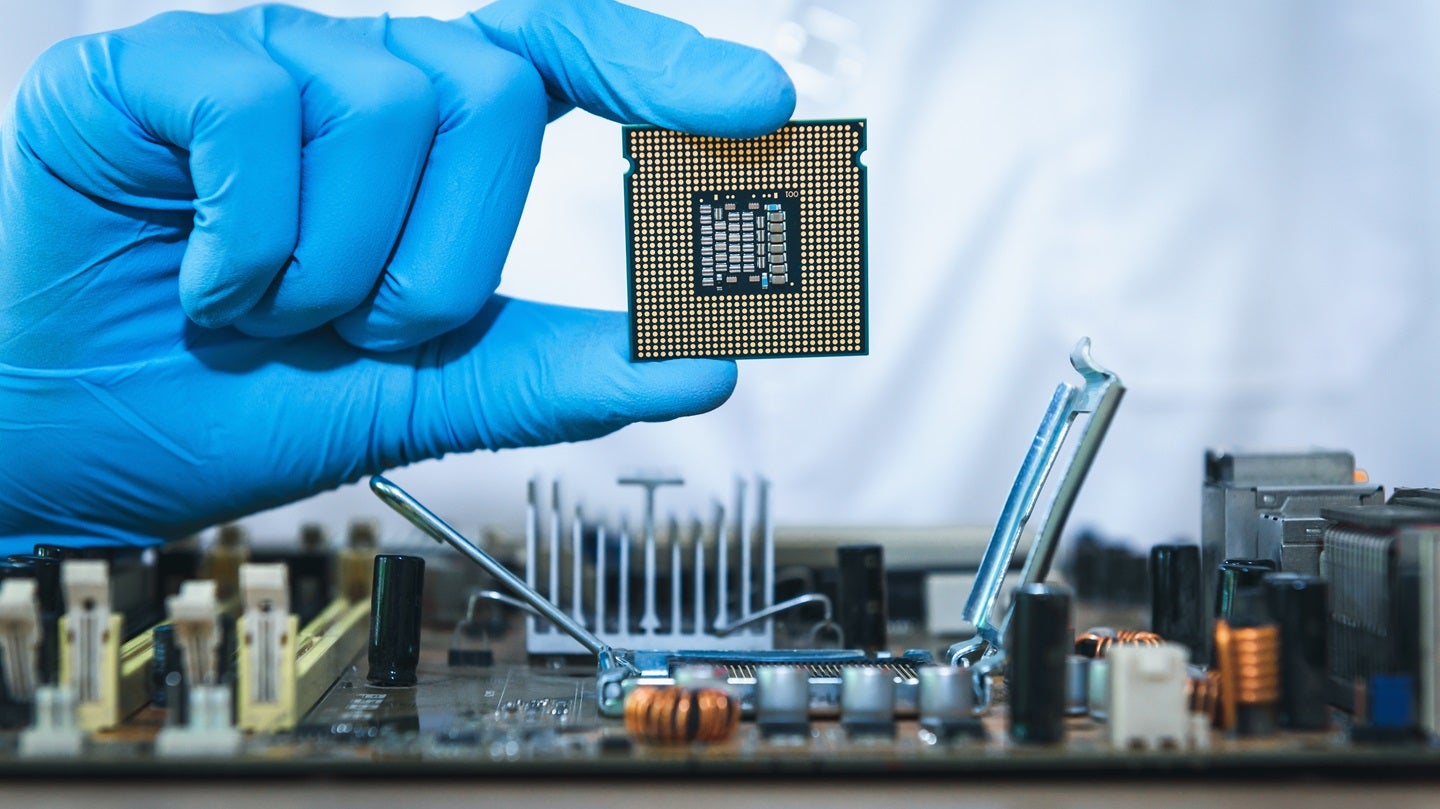
The German government is planning to allocate approximately €2bn ($2.11bn) into the semiconductor industry to bolster its chip production capabilities, reports Bloomberg.
The move comes two months after US-based semiconductor manufacturing company Intel shelved its plan to build €30bn chip factory project in Magdeburg.
German Economic Ministry spokesperson Annika Einhorn was cited by the news agency as saying the funds will support chip companies to develop “modern production capacities that significantly exceed the current state of the art.”
The new funds are intended to support 10 to 15 projects, focusing on areas like raw wafer production and microchip assembly.
The spokesperson stated that the funds would be in the “low single-digit billion euro range.”
Einhorn said: “The funded projects should contribute to a strong and sustainable microelectronics ecosystem in Germany and Europe.”
How well do you really know your competitors?
Access the most comprehensive Company Profiles on the market, powered by GlobalData. Save hours of research. Gain competitive edge.

Thank you!
Your download email will arrive shortly
Not ready to buy yet? Download a free sample
We are confident about the unique quality of our Company Profiles. However, we want you to make the most beneficial decision for your business, so we offer a free sample that you can download by submitting the below form
By GlobalDataEarlier, the ministry issued a call for chip companies to apply for the new subsidies.
The latest move reflects a global trend where governments are investing in the chip industry to secure local production of vital components, a need highlighted by supply disruptions during the Covid era and by geopolitical tensions.
In October 2024, Financial Times reported that Wolfspeed and its partner ZF Friedrichshafen suspended plans to build a €3bn chip factory in Ensdorf, Germany.
The decision was attributed to a slower than anticipated EVs adoption in Europe, which has led to reduced demand for the silicon carbide chips that the factory was intended to produce.
The European Union has set a target to double its global chip market share by 2030.
The EU’s concerns about supply chain fragility and dependence on Asian manufacturers have spurred efforts to boost local production.







